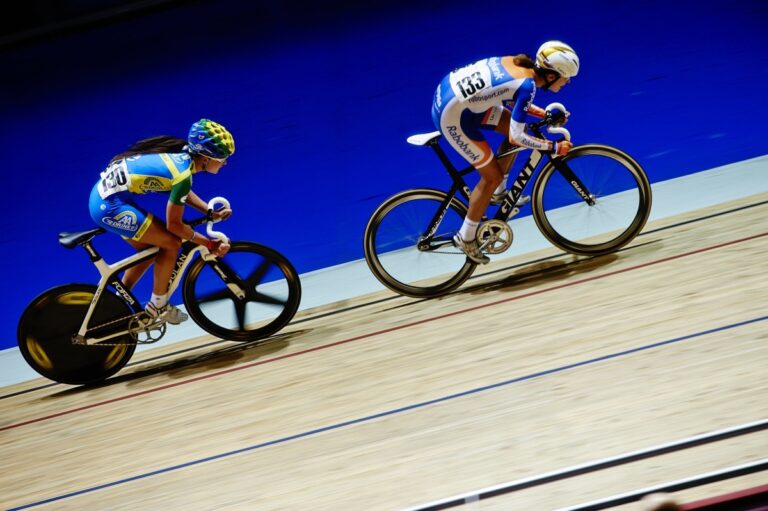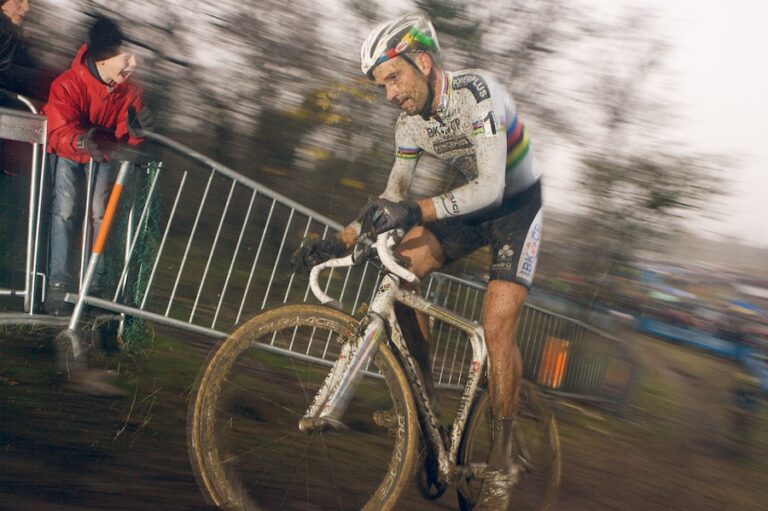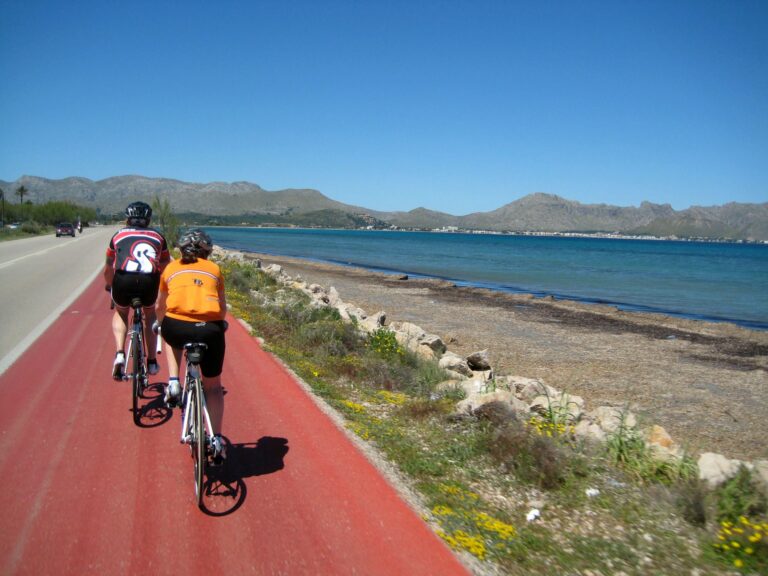The Mavic Plasma SLR helmet introduced six weeks ago in our ‘first look’ arrived with a batch of the French manufacturer’s clothing.
After six weeks in the aforesaid lid, we can deliver a verdict. The Plasma SLR is a helmet that offers excellent build quality and striking good looks, but one that proved unexpectedly heavy and not as well ventilated as some of its competitors at the premium end of the market represented by its £160 price tag.
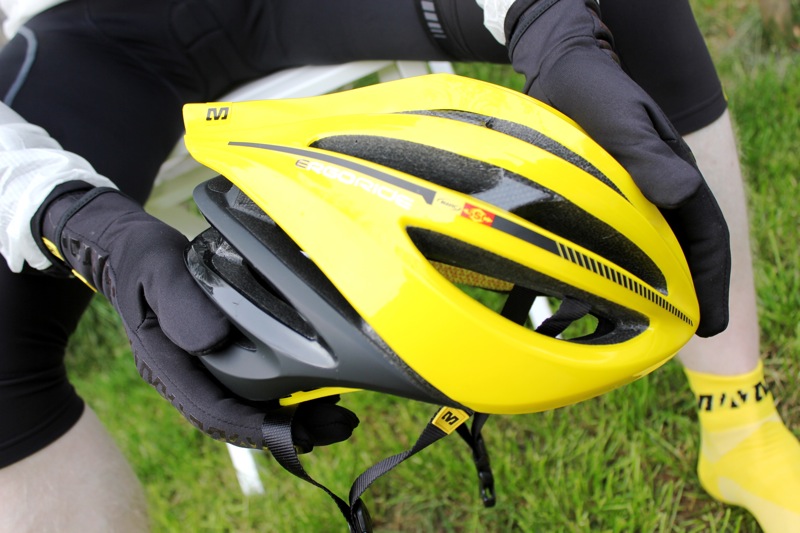
Mavic entered the helmet market a little over a year ago, launching the model year 2012 incarnation of the Plasma SLR, alongside the Plasma and Syncro, at Eurobike 2011.
Our test model is the model year 2013 iteration, and we were surprised, that, given the intense competition of a crowded market place, the second generation was so weighty: at 390 grams, nearly 100 heavier than the model launched last year.
We contacted Mavic on the topic when preparing the ‘first look’. They highlighted the number and width of the vents (placing greater onus on the strength of material between), the consequent density of the polystyrene, and the inbuilt ‘roll cage’.
The weight of the Plasma SLR proved to be as noticeable in use as it was at the unboxing stage. Other models we’ve tested this year at a similar price were both significantly lighter than Mavic’s offering: the 261 gram, LAS Victory Supreme (£155), and the Kask Vertigo Tri at 295 grams (£180).
The fit was good. Our test pilot reported the rearward straps sat a little too closely to the back of his ears, but this is a minor quibble and perhaps not even one that would be experienced by others.
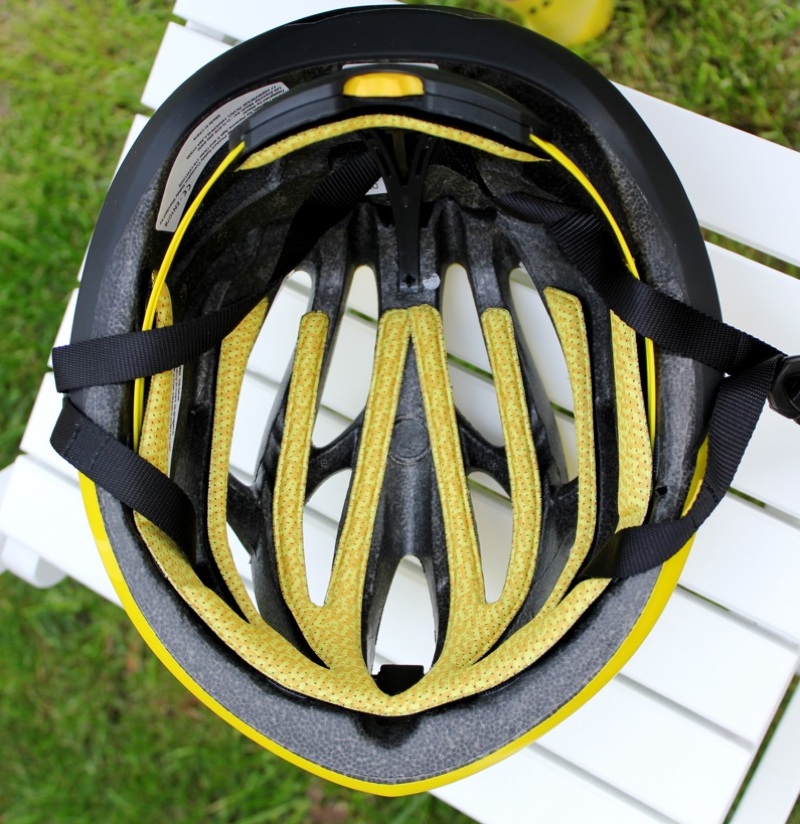
More significant was the limited vertical movement in the cradle and we’d ascribe this, at least in part, to the design of the mounting point in the crown of the helmet, which offers a choice of three set positions.
Our tests have been completed in the temperatures of a mild autumn and so overheating hasn’t been an issue, but it’s possible to gauge ventilation in any conditions. Our tester reported that the air flow, while adequate, was inferior to that of his regular lid (a similarly-priced offering from a rival brand).
Cost is perhaps the key issue here. For a helmet of this price point, we’d expect a lighter, better ventilated unit, and one perhaps bundled with a storage pod.
We’re big fans of Mavic’s wheels; a broad range united by the brand’s seemingly relentless quest for innovation. As a result, we expected their helmets to offer something different and perhaps even superior to established rivals in a competitive market, or at least for them to have pursued a more aggressive pricing policy.
If a rugged performance and stylish good looks top your list of priorities for a helmet, this is the lid for you. If weight and cost are considerations, you may prefer to search elsewhere.


